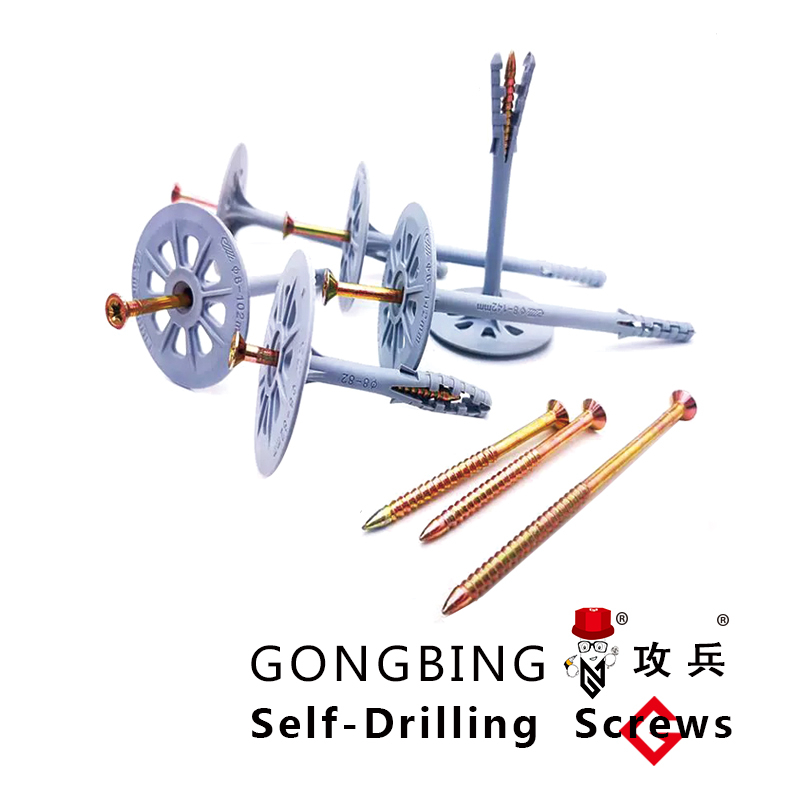Exploring the Importance and Applications of J Foundation Bolts in Construction and Engineering Projects
The Importance of Foundation Bolts in Structural Engineering
Foundation bolts are integral components in the realm of structural engineering, playing a crucial role in anchoring various structures to their foundations. Whether in residential buildings, bridges, or industrial facilities, the importance of foundation bolts cannot be overstated. Their primary function is to secure structures to their footings, thereby ensuring stability and integrity against various forces that may act upon them. This article explores the significance, types, and applications of foundation bolts in construction.
Foundation bolts are typically made of high-strength steel, designed to withstand significant loads and environmental conditions. They stand out due to their robustness, which allows them to resist shear and tensile forces that could otherwise lead to structural failure. One of the primary applications of foundation bolts is in the anchoring of columns, machinery, and other heavy structures to concrete foundations. This anchorage is vital in preventing structural uplift or lateral movement, particularly in regions prone to seismic activity or high winds.
The Importance of Foundation Bolts in Structural Engineering
The installation of foundation bolts is a critical process that requires careful planning and execution. Proper placement and alignment are essential to ensure that the loads are distributed correctly throughout the structure. Engineers often use templates to ensure that the bolts are positioned accurately before the concrete is poured. This meticulous process not only aids in maintaining structural integrity but also facilitates easier and more effective construction.
j foundation bolt

One of the key benefits of foundation bolts is their ability to provide flexibility. This flexibility allows for minor adjustments during construction, accommodating any unforeseen changes that may arise. Moreover, they can be designed to allow for movement in certain types of structures, such as bridges or some industrial applications, where expansion and contraction due to temperature fluctuations need to be managed.
In recent years, the advancement in technology has led to the development of high-performance foundation bolts. These modern bolts are often treated with corrosion-resistant coatings, enhancing their durability and lifespan, particularly in harsh environmental conditions. Additionally, the design of these bolts has been optimized to support higher loads while reducing material costs, providing a more sustainable solution for modern construction.
The failure of foundation bolts can lead to catastrophic consequences, emphasizing the need for rigorous quality control during manufacturing and installation. Engineers and contractors must adhere to strict guidelines and standards to ensure that the foundation bolts used are capable of withstanding the load and environmental conditions they will face throughout their life cycle.
In conclusion, foundation bolts are essential to the safety and stability of structures in construction. Their ability to anchor vital components securely to foundations while providing flexibility and adaptability makes them invaluable in structural engineering. As technology continues to evolve, the future of foundation bolts promises even greater efficiency and resilience, ensuring that our buildings and infrastructures remain safe and secure for years to come. The proper application, installation, and maintenance of foundation bolts are paramount, underscoring their significant role in modern engineering practices.
-
Weatherproof Plastic Expansion Anchors for OutdoorNouvèlJun.06,2025
-
Sustainability in the Supply Chain: Eco-Friendly TEK Screws ProductionNouvèlJun.06,2025
-
Load-Bearing Capacity of External Insulation FixingsNouvèlJun.06,2025
-
Double Head Bolts: Enhancing Efficiency in Industrial MachineryNouvèlJun.06,2025
-
Corrosion Resistance in Chipboard Screws: Coatings for Wholesale DurabilityNouvèlJun.06,2025
-
Butterfly Toggle Bolts : Enhancing Structural ResilienceNouvèlJun.06,2025
